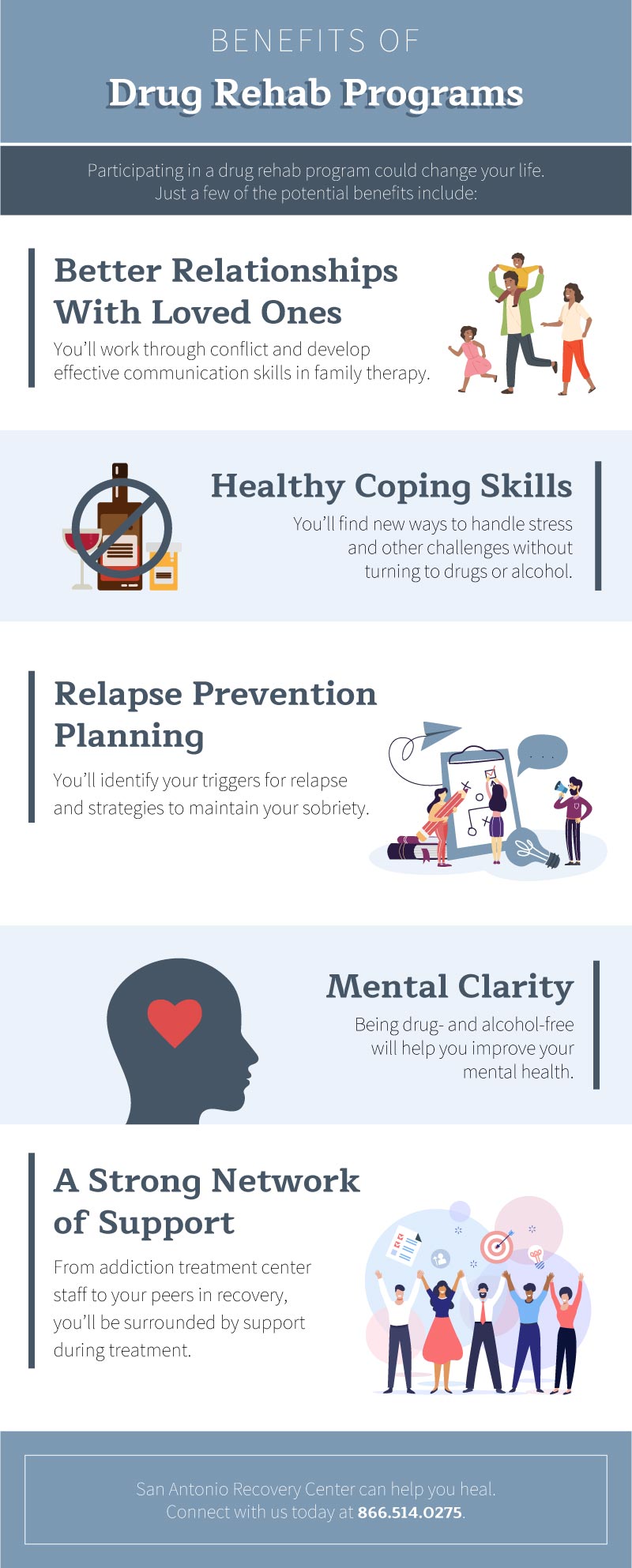Empowering Lives: Searching For Your Ideal Addiction Treatment Center
Empowering Lives: Searching For Your Ideal Addiction Treatment Center
Blog Article
Navigating the Trip of Detoxing in the Comprehensive Addiction Treatment Program
Getting started on the course of cleansing within the structure of an extensive dependency treatment program is a critical stage in the journey in the direction of recovery. The process of detoxification holds a considerable role in breaking the physical dependancy on compounds and preparing the individual for the succeeding phases of treatment. Nevertheless, browsing via cleansing is not simply an issue of physical cleaning; it requires a complicated interplay of mental, psychological, and social elements that need careful factor to consider and support. As individuals face the challenges of withdrawal signs and the unpredictabilities that lie in advance, having a robust support and a structured strategy system in position comes to be extremely important. In this conversation, we will certainly discover the diverse elements of detoxing within the detailed addiction treatment program and dropped light on the essential parts that form this transformative trip towards healing.
Importance of Detoxification in Healing

Detoxification establishes the structure for the remainder of the dependency therapy program by preparing the individual for further treatment and therapy. By cleaning the body of substances that have actually been clouding judgment and affecting actions, detox makes it possible for clients to approach their recuperation with a clearer mind and stronger focus.
Moreover, detoxification assists in managing the potentially extreme withdrawal signs that might develop when drug or alcohol usage is quit. Medical professionals closely monitor individuals throughout detox to guarantee their security and provide needed support. Via this process, individuals can begin their trip towards soberness with a supported physical and mental state, boosting the possibility of an effective recovery.
Recognizing the Detox Refine
Detoxing, a fundamental part of addiction treatment programs, involves an organized procedure targeted at safely getting rid of damaging compounds from the body to facilitate an effective recuperation trip. The detoxification procedure usually starts with an analysis to analyze the individual's substance use background, physical health and wellness, and psychological well-being. This evaluation aids healthcare experts figure out the most proper detoxification plan customized to the person's demands.
Throughout detox, the body experiences withdrawal as it gets used to the lack of the compound. Withdrawal signs and symptoms differ relying on the type of substance used, the duration of usage, and private factors. Clinical supervision throughout detox is vital to handle withdrawal symptoms and make sure the person's security and convenience.

Managing Withdrawal Symptoms

Medicines might be made use of to minimize particular withdrawal signs and symptoms and reduce discomfort. Medicines like methadone or buprenorphine can help take care of opioid withdrawal symptoms, while benzodiazepines may be made use of for alcohol withdrawal. It is necessary for healthcare providers to thoroughly keep track of the individual's action to these medications to ensure their safety and security and effectiveness.
Along with pharmacological interventions, helpful therapies such as counseling, peer support system, and alternative practices like mindfulness reflection or yoga can assist people manage the psychological and psychological challenges of withdrawal. By dealing with withdrawal signs thoroughly, medical care companies can improve the detoxification experience and assistance people on their journey to recuperation.

Support Solutions During Detox
Support group play a vital duty in giving social and emotional assistance to people going through detoxing in addiction treatment programs. During the detoxification process, individuals frequently experience a series of physical and psychological withdrawal signs, making this phase tough - Addiction Treatment Center. internet Having a strong support system in position can significantly influence the individual's ability to navigate via detoxification successfully
Support groups offer a system for individuals to link with others who are going with comparable experiences, using a feeling of neighborhood and shared understanding. Health care experts, including physicians, specialists, and counselors, play an essential role in keeping track of the person's progress, providing medical assistance, and using advice throughout the detox procedure.
Looking Ahead: Life After Detox
Having efficiently completed the detoxing stage, individuals in addiction therapy programs now focus on preparing for the difficulties and opportunities that lie in advance in their trip towards healing. Life after detoxification notes an essential shift duration where people should proceed to improve the progress made during detoxification to maintain their soberness. It is crucial for people to recognize that the journey in the direction of recuperation is recurring and requires commitment, dedication, and a readiness to accept change.
One key aspect of life after detoxification is the advancement of dealing systems to take care of triggers and food cravings that look at this site may arise. This might include learning brand-new skills, such as mindfulness techniques, cognitive-behavioral methods, and stress monitoring approaches, to browse challenging scenarios without resorting to compound usage. Furthermore, people are urged to actively participate in continuous therapy, support system, and aftercare programs to reinforce their assistance network and receive support as they browse the complexities of life post-detox.
Final Thought
Comprehending the detox process and handling withdrawal signs are important steps towards healing. It is important to recognize the value of detoxification in the procedure of getting rid of dependency and relocating in the direction of a life of sobriety.
Medical supervision during detoxification is critical to handle withdrawal signs and symptoms and make sure the person's safety and security and convenience.
By understanding the detoxification process and its value in damaging the cycle of addiction, people can begin on a course in the direction of lasting recovery.
During the detoxification procedure, individuals usually experience a variety of physical and psychological withdrawal signs and symptoms, making this phase challenging. Health care experts, consisting of counselors, physicians, and specialists, play a crucial role in keeping track of the person's progress, giving clinical support, and supplying advice throughout the detoxification process.
Life after detox marks a vital change period where individuals must continue to construct on the progression made throughout detox to maintain their soberness.
Report this page